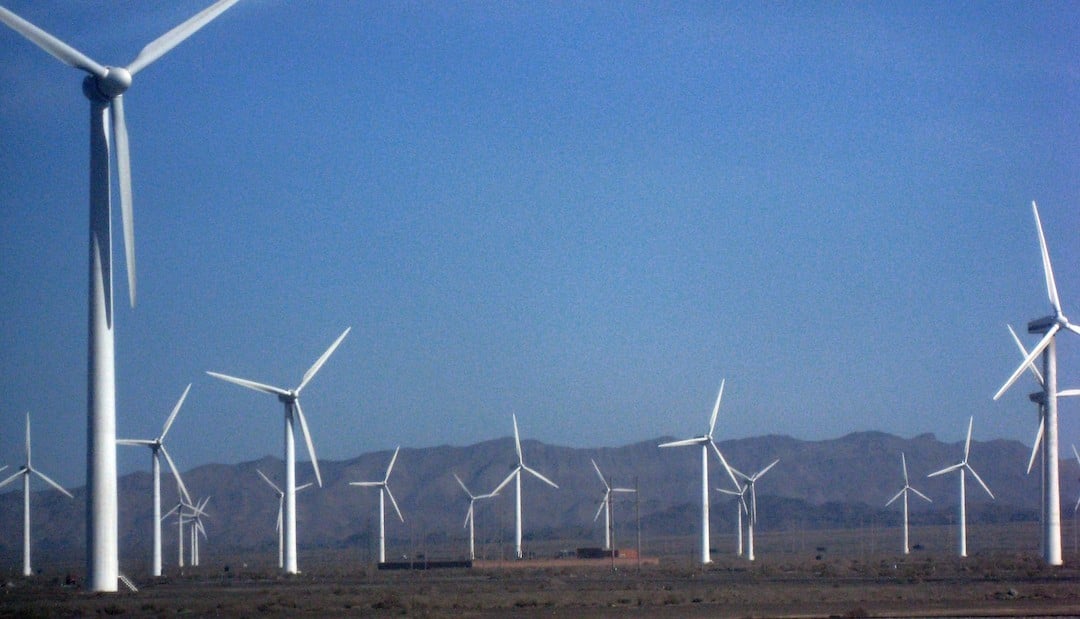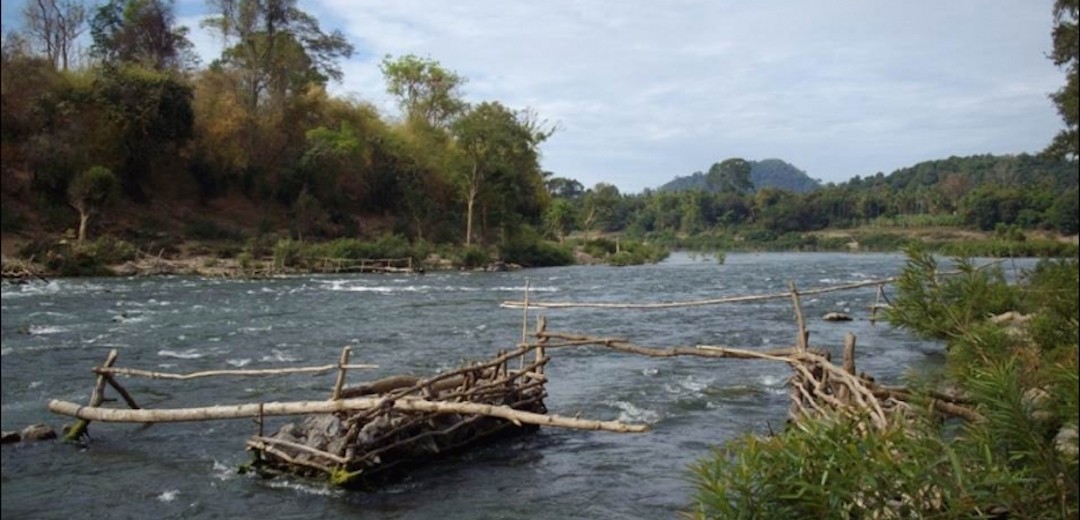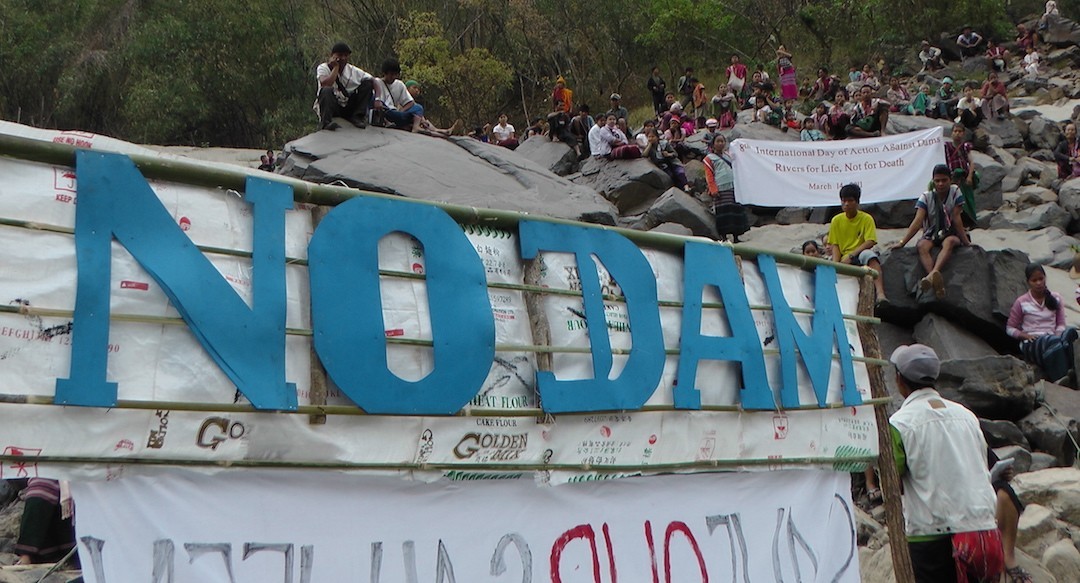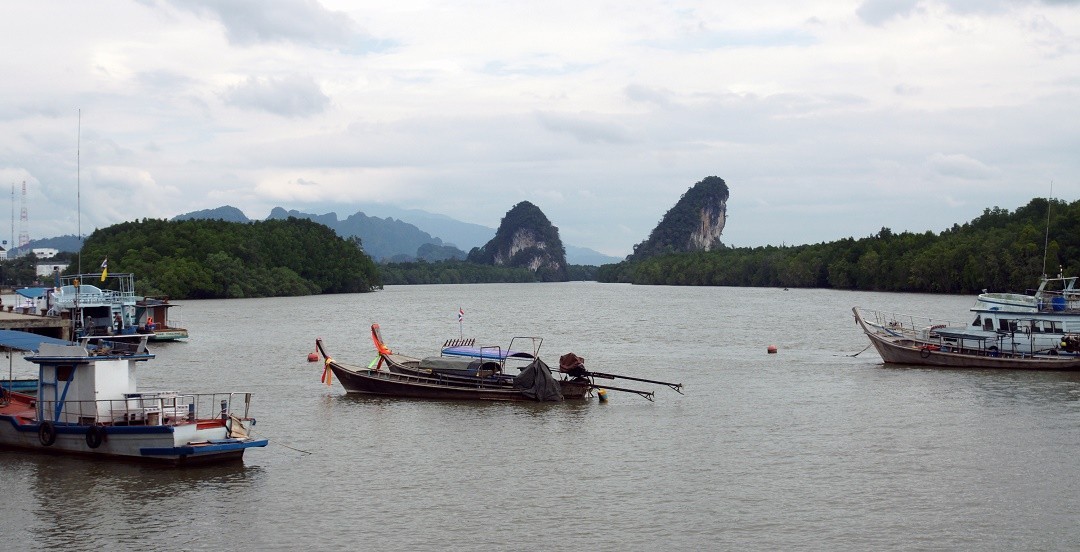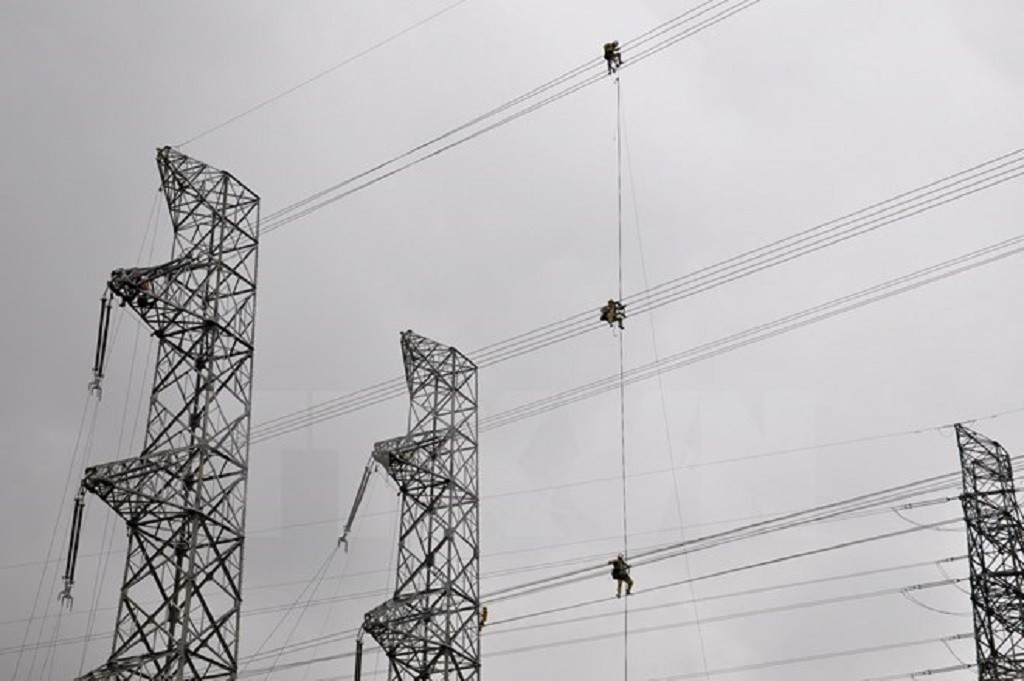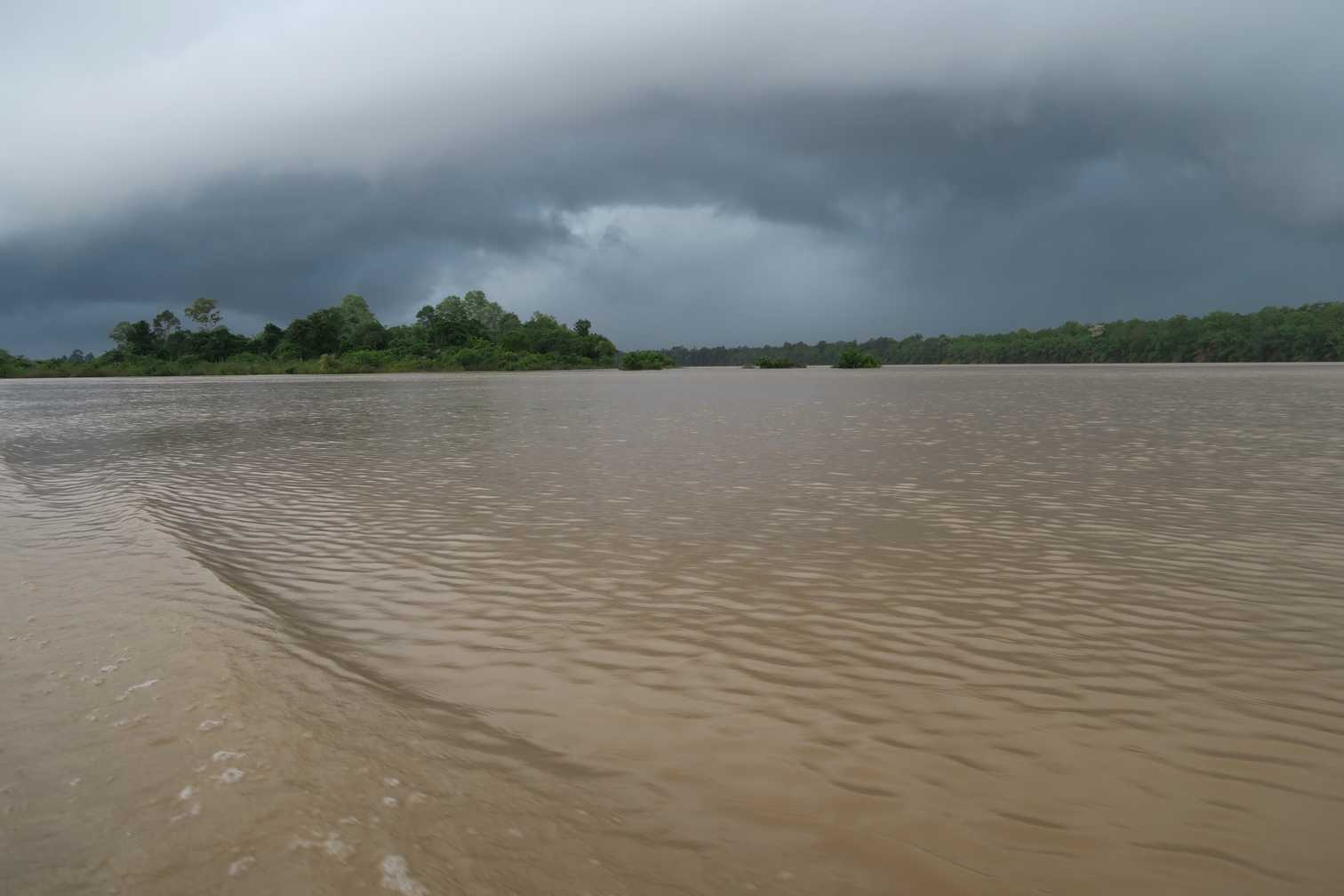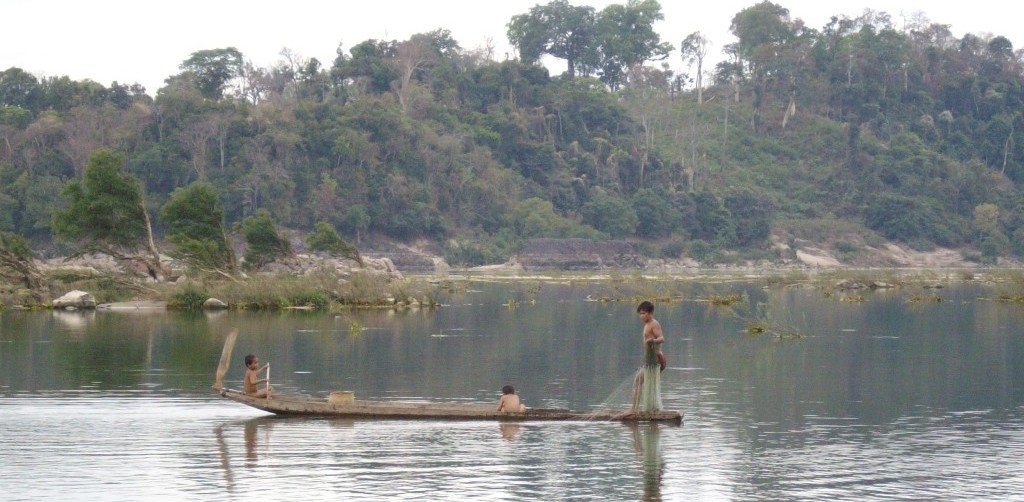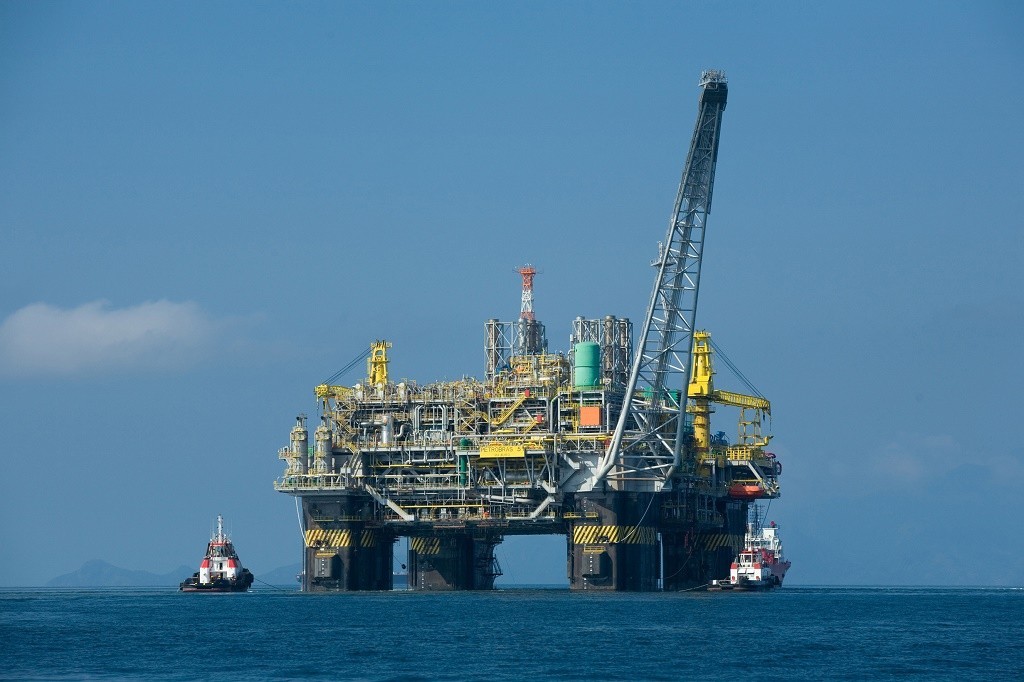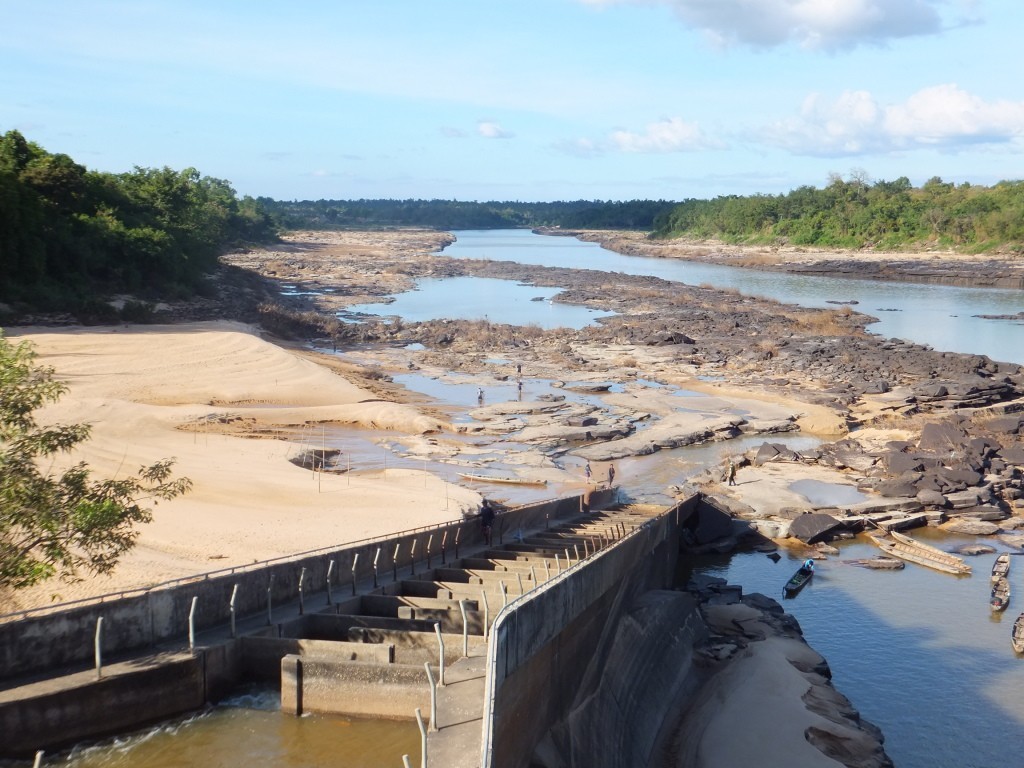China has made a big bet on renewable energy installation to wean the country off dirty fossil fuels and to meet its emission targets, but the latest government statistics show that a big portion of power generation from Chinese solar farms, wind projects and hydroelectric dams has failed to reach energy users.
Tag: energy
Changing Tides for a Common Future: The MRC and Hydro-Diplomacy
The Mekong River Commission (MRC), the only intergovernmental body mandated to sustainably manage and protect the Lower Mekong River, is on the brink of demise. While transboundary water governance has faced significant challenges in the region since the MRC was established in 1995, the Commission’s first real test came more recently with the start of the regional debate over plans to build a cascade of eleven mainstream dams on the Lower Mekong River.
Election over Troubled Waters: Why Benefit Sharing over the Salween is Important for Myanmar
Minority groups, which make up 40 percent of Myanmar’s population and are represented by their own political parties, have not been under effective state control since Myanmar’s independence 67 years ago. Despite the ceasefire agreement, fighting between ethnic armed groups and the Myanmar Armed Forces has continued in several states. One of their grievances is the damming of the Salween river in their controlled territories. Proper accommodation of the interests of minority groups in this matter is crucial for ensuring that a peaceful post-election period and transition towards true democracy.
Krabi power plant ‘will have little environmental impact’
THE COAL-FIRED power plant and coal transport pier planned for Krabi province will have only a small environmental impact on the area, according to some researchers. A study of possible effects from the power plant and Klong Rua coal transport pier was funded by the Electricity Generating Authority of Thailand (Egat). The findings were disclosed at a press conference hosted by the Institute for Population and Social Research and Egat at Mahidol University on Monday.
Work starts on Nghi Son 2 thermal power plant
Construction began on the Nghi Son 2 Thermal Power Plant at the Nghi Son Economic Zone in the central province of Thanh Hoa on September 18. The plant is being built at a total cost of 2.3 billion USD, with 25 percent contributed by a joint venture between Japan’s Marubeni Group and the Republic of Korea Electric Power Corporation (Kepco) and the remaining coming from foreign banks.
The power struggle at Salween River
The Salween River meanders through pristine mountain forests before reaching a camp for internally displaced people at Ei Htu Hta, near the Thai-Myanmar border. Temporary bamboo shelters dot the hills around the camp, with small solar panels attached to the thatched roofs providing power for a few hours a day. There is no government electricity supply to the camp and many of the people displaced by the fighting between the Burma Army (BA) and ethnic armed forces believe there never will be, despite seven dam projects proposed for the Salween. They also believe that the recent outbreaks of fighting between the BA and Karen forces are part of a master plan to ensure the dam projects, many of which will supply cheap energy to Thailand, go ahead.
People’s demand to cancel PDP 2015 and start a new transparent process
As a result of the recent endorsement of Thailand’s Power Development Plan B.C. 2015-2036 (PDP 2015) which is leading to the construction of power plants with capacity of 57,459 megawatts in the next 20 years signifying the security necessary of the country’s electricity, there were several irregularities found after the examination of the content of the plan. The key concern is that the PDP in 2015 will also lead to the unnecessary construction of the power plant investment. Not only this investment will not be beneficial but will instead incur long-term financial burdens to consumers with more than 6.7 billion baht.
Mekong Countries Voice Major Concerns Over Laos Dam
A public consultation organized by the Mekong River Commission was held in Pakse, Laos, last week, where opponents continued to call for Laos to reconsider a controversial dam project.
Offshore area to be busiest in Southeast Asia: MOGE
The winners of the 2013 offshore round are preparing for large energy exploration programs this year, as the process of signing production sharing contracts is now finished. While falling energy prices may slow the overall pace of exploration in Myanmar, there is expected to be a burst of exploration on the 20 newly-awarded offshore blocks.
Dam EIAs enable “river grabbing”
Water and river grabbing refers to situations where powerful actors such as developers and governments are able to take control of, or reallocate to their own benefits – including decision-making power – the use of rivers and water resources.


